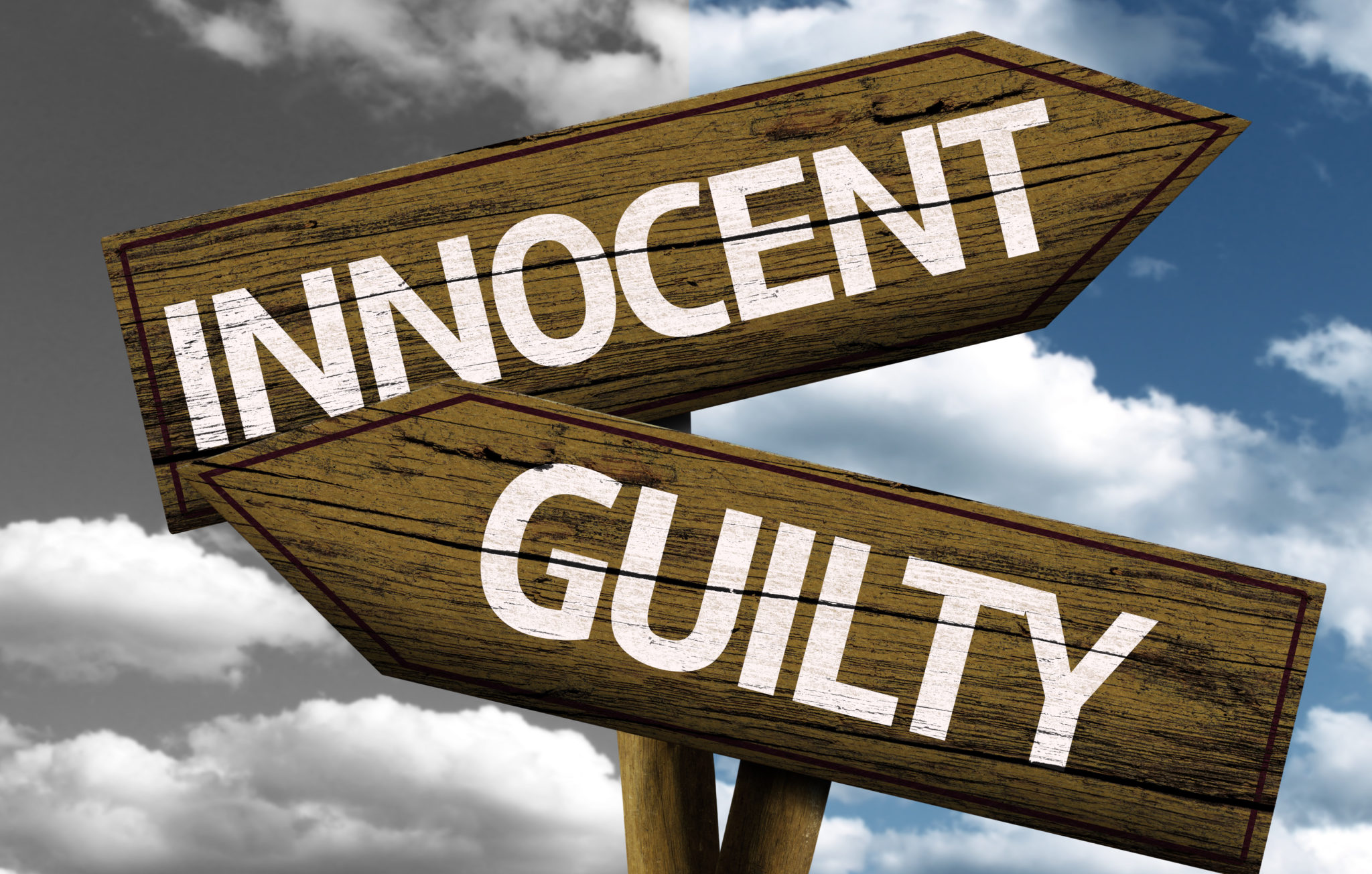17th September 2023.
PRESUMPTION OF INNOCENCE – In the annals of justice, few principles are as sacred and fundamental as the presumption of innocence. This bedrock concept ensures that any person accused of a crime is considered innocent until proven guilty in a court of law. It is a safeguard against the enormous power of the state, a shield that prevents hasty judgments and protects the rights of the accused. However, the practical application of this principle is not always as straightforward as it may seem.
James Bilimumaso (real name changed to protect his identity), found himself ensnared in a nightmare that would challenge his faith in the very legal system meant to protect him. Accused of committing the heinous crime of aggravated defilement of a neighbor’s daughter, James was arrested and arraigned in court, where he was denied bail. His world came crashing down as he was sent to prison, all while protesting his innocence.
The heart of the matter lies in the delicate balance between protecting society from potential harm and safeguarding the rights of individuals awaiting trial. While the presumption of innocence dictates that one is considered innocent until proven guilty, there are circumstances where the accused can be held in custody. This is not a declaration of guilt but rather a precautionary measure to ensure that the accused doesn’t flee or tamper with evidence.
James Bilimumaso’s six-year ordeal in prison serves as a stark reminder that the wheels of justice do not always turn swiftly. In his case, the prosecution failed to produce witnesses to substantiate the allegations against him. The case was ultimately dismissed for want of prosecution. Tragically, by the time James walked out of the prison gates, his life had unraveled beyond recognition. His marriage had disintegrated, his property had been seized by neighbors, and his trust in the legal system was shattered.
James’s story underscores the importance of the presumption of innocence as a vital tenet of justice. It places the burden squarely on the prosecution to prove, beyond a reasonable doubt, that a person is guilty of the alleged crime. It is a safeguard against wrongful convictions and the overreach of the state. Yet, it doesn’t guarantee that a person will remain free until their trial has concluded.
In some jurisdictions, individuals awaiting trial, like James, are held in remand facilities, which are often indistinguishable from prisons where convicted individuals serve their sentences. This practice raises pertinent questions about whether the rights of those awaiting trial are adequately protected. Are they being treated as if they are already guilty before a court has pronounced judgment?
In an ideal world, states should consider special measures for managing suspects, perhaps providing different facilities from those housing convicted individuals. The conditions of confinement, access to legal resources, and the treatment of individuals during this period should reflect the principle of innocence until proven guilty. After all, one of the cornerstones of a just society is the assurance that individuals will not be treated as criminals until their guilt has been conclusively established.
James Bilimumaso’s tragic journey through the legal system illustrates the need for vigilance and reform. While he may have a legal recourse to sue for malicious prosecution, the true extent of his losses—his shattered family and lost property—may never be adequately compensated. The presumption of innocence is not just a legal doctrine; it’s a beacon that guides us towards a more equitable and just society. It presumes the best in us, placing humans on a high plane, and ultimately, it’s the cornerstone of a system that allows us to feel right with the pursuit of justice.
















